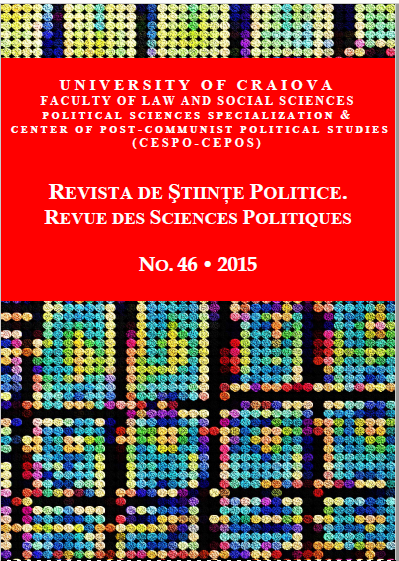Unpacking the Right to a Name: A Diachronical Legal Analysis of the Administrative System and Regulations
Unpacking the Right to a Name: A Diachronical Legal Analysis of the Administrative System and Regulations
Author(s): Oana-Nicoleta ReteaSubject(s): Civil Law, Public Administration
Published by: Editura Universitaria Craiova
Keywords: right to a name; administrative procedure; name changing; reasonable grounds;
Summary/Abstract: The purpose of this article is to provide the first comprehensive legal analysis of the relation between the right to a name and the administrative authorities. In order to individualize the personality of an individual in relation to another individual, the name of the physical person (surname and forename) must be used. Although the name is a complex notion whose birth, historically speaking, represents primarily the result of a long usage, as any element related to language, it becomes a legal concept, its structure and rules of assigning are the subject of the regulations, and not the name itself. The right to a name is one of those personality rights which are simultaneously identification attributes of an individual. The name, as an element or means of identifying physical persons in civil right, contributes to determining the status of the individual holder of rights and obligations in a legal relation. Changes in civil status of a person such as: changes in filiation, changes arising from adoption, changes caused by the institution of marriage, determine the change of the surname which is not at all the same with the administrative procedure of changing the name. This last procedure consists in the replacement of the name on request, through administrative decision. This administrative procedure is due to different causes unrelated to civil status but included in special provisions.
Journal: Revista de Științe Politice. Revue des Sciences Politiques
- Issue Year: 2015
- Issue No: 46
- Page Range: 356-364
- Page Count: 9
- Language: English

